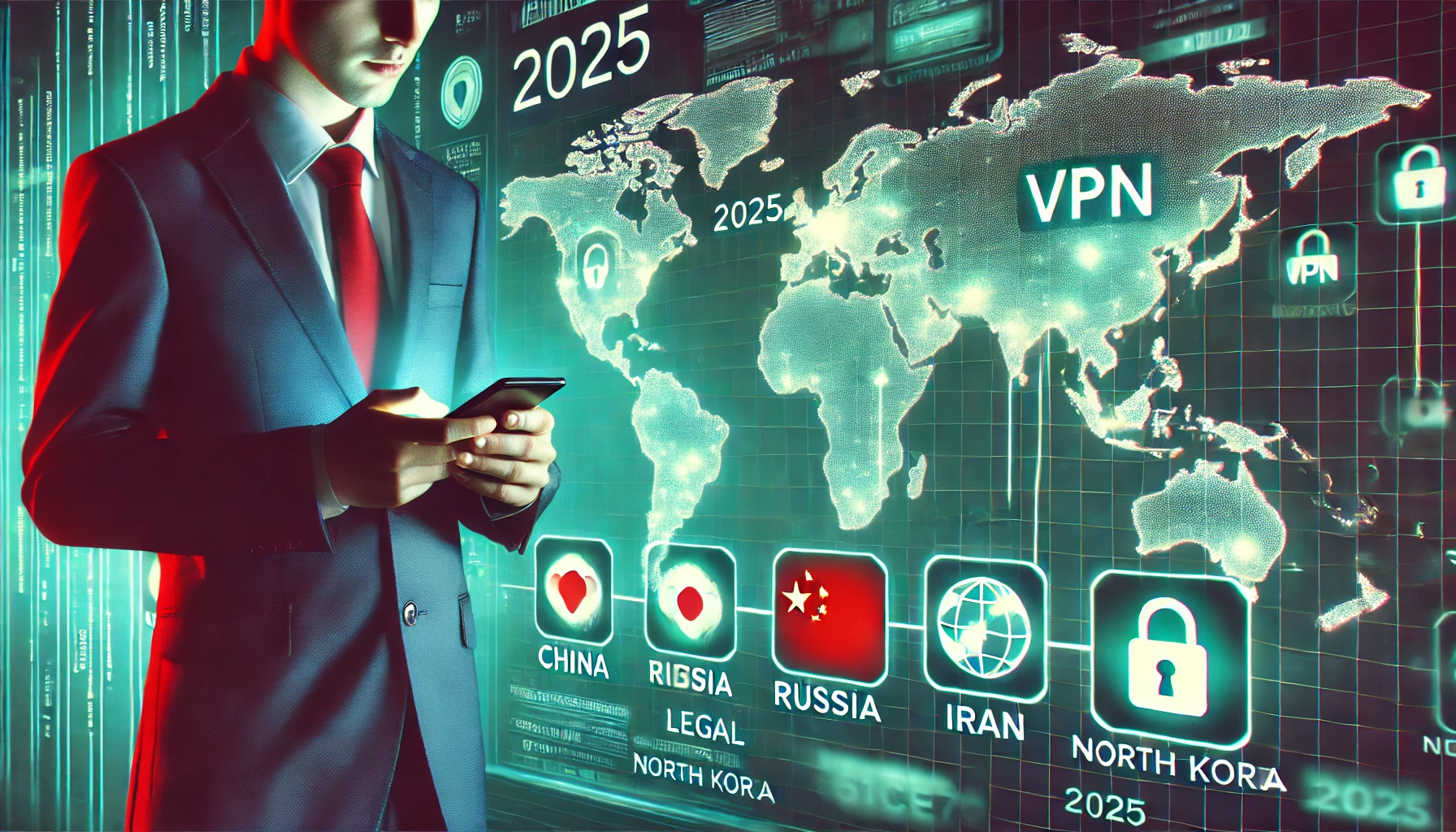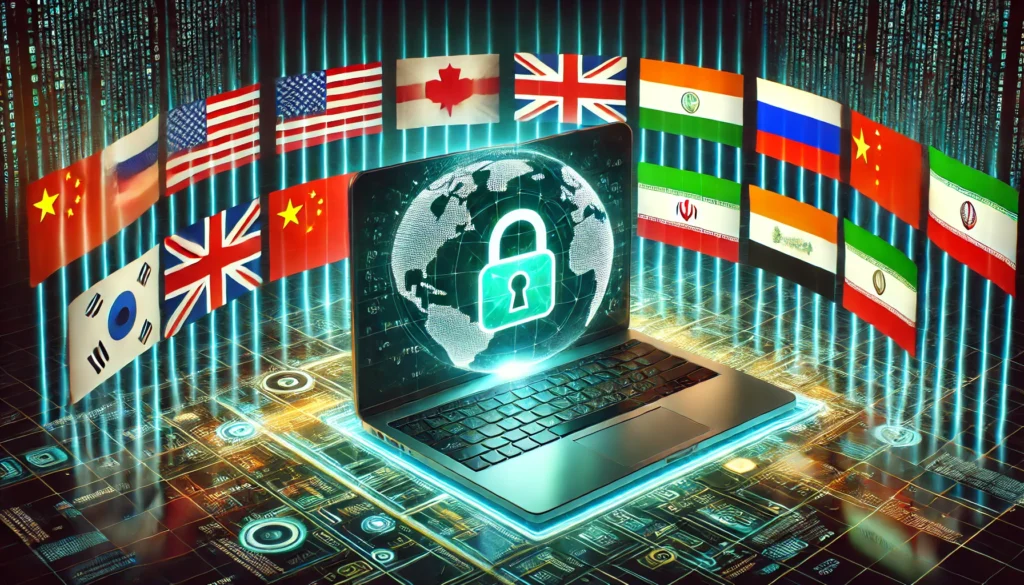
Are VPNs Legal? 2025 Guide to VPN Laws Around the World
Main Takeaways
- Are VPNs legal? Yes — in most countries, VPNs are 100% legal and widely used.
- VPNs are restricted or banned in countries like China, Russia, and North Korea.
- Legal use depends on local laws and how you use the VPN.
- VPNs protect privacy but don’t make illegal actions legal.
- Always choose a secure VPN provider like ZovoVPN.
Table of Contents
- Are VPNs Legal?
- Countries Where VPNs Are Illegal or Restricted
- Why Are VPNs Banned in Some Countries?
- Are VPNs Legal in the US, UK, and EU?
- Can You Get Caught Using a VPN?
- What Happens If You Use a VPN Illegally?
- FAQs

Are VPNs Legal?
Are VPNs legal? Yes — in most countries, using a VPN is completely legal. VPNs (Virtual Private Networks) are popular tools for protecting your internet activity, securing data, and bypassing geographic restrictions.
In countries like the United States, United Kingdom, Canada, Netherlands, Japan, and Australia, VPN use is widespread and fully legal. People use them for work, travel, privacy, and streaming without issues.
However, some governments have laws in place to restrict or ban VPNs, mainly to enforce censorship or control internet access.
Countries Where VPNs Are Illegal or Restricted
Below is a complete breakdown of countries where VPN usage is restricted or illegal:
🌍 Countries Where VPNs Are Illegal or Restricted
| Country | VPN Legal Status | Explanation / SEO Notes |
|---|---|---|
| United States | ✅ Legal | VPNs are legal and widely used for privacy, work, and streaming. |
| United Kingdom | ✅ Legal | No restrictions; VPNs are legal for personal and commercial use. |
| Canada | ✅ Legal | VPN use is permitted for online privacy and bypassing geo-blocks. |
| Germany | ✅ Legal | VPNs are legal and popular among privacy-conscious users. |
| India | ⚠️ Restricted | Legal, but VPN providers must store user logs for 5 years. |
| Russia | ⚠️ Restricted | VPNs must comply with government censorship; many providers banned. |
| China | ⚠️ Restricted | Only government-approved VPNs are legal. Others are blocked. |
| Iran | ❌ Illegal (without permit) | VPN use without approval is illegal; censorship is enforced. |
| Belarus | ❌ Illegal | Government blocks all privacy tools including VPNs. |
| UAE | ⚠️ Restricted | VPNs are legal but regulated. Use for illegal activity is punishable. |
| North Korea | ❌ Illegal | VPNs are banned completely; internet is tightly controlled. |
| Turkmenistan | ❌ Illegal | No legal access to VPNs; internet is fully state-controlled. |
| Egypt | ⚠️ Restricted | VPNs may be used but monitored; accessing blocked sites is risky. |
| Turkey | ⚠️ Restricted | Legal, but many VPNs are blocked by ISPs; censorship applies. |
| Venezuela | ⚠️ Restricted | Legal but closely monitored; VPNs often used to bypass censorship. |
Source: Surfshark – Are VPNs Legal
Why Are VPNs Banned in Some Countries?
Governments that restrict VPNs do so to:
- Control access to foreign news or social media
- Prevent citizens from bypassing censorship
- Monitor online behavior and communication
- Block encrypted or anonymous browsing
Authoritarian regimes typically oppose anything that protects online privacy.
Are VPNs Legal in the US, UK, and EU?
Yes. VPNs are legal in:
- 🇺🇸 United States
- 🇬🇧 United Kingdom
- 🇪🇺 All EU member states
You can use VPNs in these countries for:
- Streaming content abroad
- Securing public Wi-Fi
- Protecting sensitive data
- Preventing ISP tracking
You must still comply with the law — VPNs don’t make illegal activity legal.
Can You Get Caught Using a VPN?
Yes. While your VPN encrypts your data, your ISP or government can still detect VPN usage — especially in restricted countries. VPN obfuscation technology, like what ZovoVPN offers, can help hide VPN activity entirely.
What Happens If You Use a VPN Illegally?
Penalties for using a VPN where it’s illegal may include:
- Account bans (from apps like Netflix or Binance)
- ISP-level restrictions
- Fines or jail time in authoritarian countries
- Device tracking or surveillance
Always research your country’s laws before using a VPN.
External Resources on VPN Legality
- Surfshark – Are VPNs Legal
- Comparitech – VPN Legality by Country
- PrivacyGuides – Global VPN Tools & Laws
FAQs
Are VPNs legal everywhere?
No. VPNs are legal in most countries, but banned or restricted in countries like China, Russia, Iran, North Korea, and Turkmenistan.
Is it illegal to use a VPN for Netflix or Binance?
No, but it may break terms of service, which can result in account bans. It’s not criminal, but it can lead to service limitations.
Are VPNs legal in China?
Only government-approved VPNs are allowed. Using third-party VPNs may result in penalties — especially for local citizens.
Can I get in trouble for using a VPN?
Yes — only if you live in a country where VPNs are illegal or you use one for unlawful activity. For everyone else, VPNs are safe and legal.
Are VPNs legal in the US and Europe?
Yes. VPN use is completely legal across the US, UK, and EU for any legal purpose.
Is ZovoVPN safe and legal?
Yes! ZovoVPN is a secure, privacy-first VPN provider that respects no-log policies and is legal in most countries worldwide.




